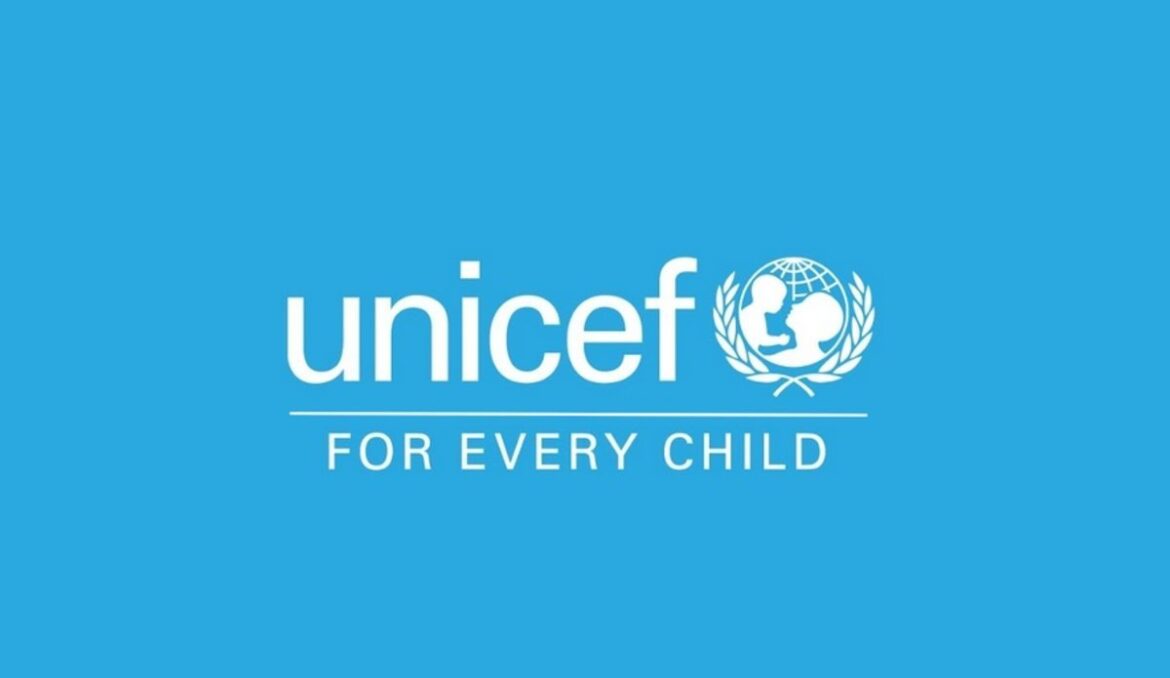By Iyemah David
The United Nations Children’s Fund (UNICEF) says one of the significant challenges for Primary Health Care system in the country is inequity.
The Representative of UNICEF Nigeria Chief of Health, Dr Eduardo Celades Blanco, said this on Wednesday in Abuja at the Nigeria Health Commissioners’ Forum.
The forum is meant to discuss the role of states in Primary Health Care Financing in Nigeria.
Blanco said the country had not been able to bridge the disparities between the North and South, poor and rich, hence the inequity.
He said there was a need to Increase the allocation of resources to the country’s overall health budget.
According to him, this is possible by increasing the proportion of the Government General Expenditure to at least 10 per cent by 2025 and 12 per cent by 2030, to fast-track the achievement of SDG3.
He called on the country to redesign the flow of resources in its health system to increase the operational cost at the PHC level.
He, however, said that the poor performance of the country’s PHC system could not be explained by inadequate investments.
“It is more of a question of efficiency and sustainability of efforts over time, hence there is a sense of urgency.
He said the urgency was needed to adopt a performance-based approach to health financing for improved PHC functions and outcomes, especially at decentralised levels.
He stressed the need for more value for money, leveraging strategic purchasing to increase both programmatic and cost efficiency, to rebuild trust for more investments in health.
Blanco said that the country needed to strengthen the public financial management system, to address inefficiencies.
This can be achieved by maximising spending levels within budgets, focusing on increased spending at LGA and/or facility level for improving PHC services.
Meanwhile, he said that UNICEF would continue to support governments at all levels to improve PHC financing, performance and outcomes through some initiatives.
Such initiatives include PHC leadership challenge to catalyse increased investment by state governments while strengthening leadership and accountability for results.
The Executive Secretary, National Health Insurance Scheme (NHIS), Prof. Mohammed Sambo, said if the nation had a functional PHC system, 70 per cent of its healthcare needs would be met.
Prof. Sambo said that the country must find a feasible financial arrangement to ensure that the most vulnerable groups were covered under health insurance.




